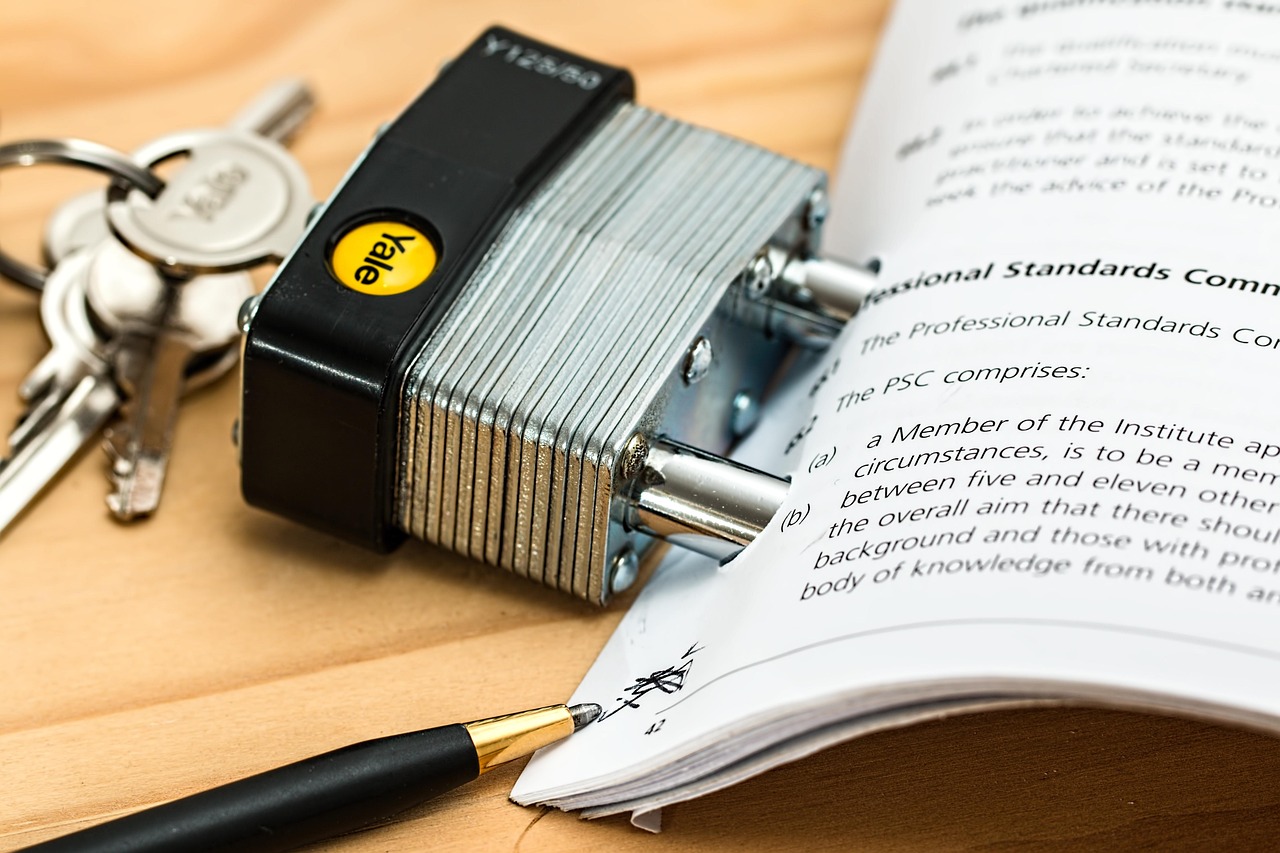Buying real estate in Southern California is often fierce. Between high demand, rising interest rates, and limited inventory, buyers need more than just luck. They need a realtor southern CA who knows negotiation and how to push for favorable terms. In this article, we’ll examine the exact methods experienced realtors use in Southern California to negotiate the lowest price for their clients — step by step.
Why skilled negotiation matters in SoCal
In Southern California, property values tend to run high, and many buyers compete aggressively. Getting even a small reduction can save tens of thousands. A skilled realtor southern CA can shift leverage, reduce risk, and extract price concessions or added terms that favor the buyer.
Negotiation is not just about lowering the sticker price; it’s about optimizing terms (repairs, closing costs, timeline) so that the net cost to you is minimized. In hot markets, many agents teach that you “anchor” offers not just based on listing price, but on market-value data and your leverage.
Now, let’s walk through the strategies that top realtors apply in Southern California.
1. Deep local market analysis (before offering)
Before a negotiation begins, a good realtor southern CA will do rigorous prep:
- Pull comparables (comps) in the same neighborhood, size, condition, features, and date. They analyze recent sales and active listings to find pricing trends.
- Adjust for differences: lot size, upgrades, condition, permits, etc.
- Examine days on market, price reductions, pending sales.
- Find seller history: how long they’ve owned, days since listing, any price cuts. If the seller is motivated (relocating, divorce, financial pressure), that becomes leverage
- Identify unique drawbacks or costs: old roof, deferred maintenance, systems nearing replacement. If they can document an expected repair cost, that becomes a bargaining room.
This groundwork gives the agent objective justification for a lower offer rather than guessing. The best agents base their offer near what the seller is realistically likely to accept, not just a “lowball” number that insults.
2. Establish buyer strength and tighten risk
To negotiate well, your agent will make your offer look strong and low risk:
- Submit full pre-approval documentation or proof of funds (if cash). Sellers prefer certainty.
- Offer a substantial earnest money deposit to show commitment.
- Reduce or shorten contingencies when safe (inspection period, financing waiver, etc.).
- Be flexible on closing date or seller rent-back terms.
- Limit requests or demands the seller perceives as burdensome (e.g. minimal repair requests).
- Offer to accept certain seller preferences (e.g. “as-is” minor cosmetic items) to reduce friction.
When your offer looks clean, low risk, and professional, the seller is more open to making concessions.
3. Use a structured offer with “give and take”
Negotiation is not a one-sided demand. Realtors often use structures to open conversation:
- Initial offer with room to move — Start a bit below what you're willing to pay but within a defensible zone (based on comps).
- Multiple flavors of offers — Present two or three versions: one lower price with certain concessions, one higher price with the seller paying closing, etc. This gives the seller a perceived choice.
- Escalation clause — If multiple offers arise, offer to beat competing bids by a set amount up to your ceiling.
- Counteroffers with concessions — Be willing to concede minor items (e.g. seller to keep appliances) in exchange for bigger wins.
- Set deadlines or expiration — Impose a reasonable deadline for acceptance so the seller is prompted to decide.
A well-structured offer gives you room, signals seriousness, and forces clarity in response.
4. Leverage inspection and disclosure
One of the most potent negotiating tools is the home inspection. After your offer is accepted (or contingent):
- Immediately order inspections (structural, pest, roof, HVAC, plumbing).
- Review seller disclosures in parallel.
- Compare deficiencies, repair estimates, and risk items.
- Use inspection findings to push for a price credit or repair work. For example, if the roof leaks, you might ask for a credit to replace or repair.
- If the seller refuses, you can threaten to back out (if inspection contingency is intact).
- Use documented repair estimates (from contractors) as backing, not vague complaints.
- Sometimes, ask the seller to fix only critical items and leave cosmetic ones.
Because the inspector is an independent expert, their findings carry weight. That leverage often leads to mid-negotiation adjustments.
5. Negotiate terms beyond price
Sometimes terms matter more than price. A savvy realtor southern CA will push for favorable terms:
- Ask seller to pay part or all closing costs.
- Ask for a credit or escrow holdback for improvements or repairs.
- Adjust closing or possession date to suit seller or buyer (you may give seller flexibility to vacate).
- Ask for home warranty, appliance warranties, or other perks.
- Request sellers leave certain items (window coverings, landscaping, etc.).
- Ask for favorable title terms, or accept certain title exceptions if low risk.
When you get concessions in term items, the net deal improves even if the price doesn’t budge much.
6. Use emotion, story, and personal appeal (smartly)
Real estate is partly emotional. Some realtors use soft strategies to influence:
- Include a buyer letter describing why you love the home or neighborhood (without overdoing it). Sometimes sellers feel more comfortable with a buyer who seems genuine.
- Understand the seller’s situation: if they’re under time pressure, older, or emotionally attached, you may adapt your pitch (e.g. “we’d care for the home”).
- Express appreciation, respect, flexibility.
- Avoid aggressive language or ultimatums — overly hard bargaining can shut down communication.
But use this tactfully: you must maintain professionalism and not weaken your position.
7. Counteroffer strategy and patience
Counteroffers are where many deals succeed or fail. Realtors must be strategic:
- Don’t respond immediately to the first counter; take time to analyze.
- Counter with logic and data: refer to comps or repair costs.
- Make small incremental moves, not big jumps, so the seller feels progress.
- Leave room for one more counter; don’t give your absolute best immediately.
- Use deadlines on counteroffers to cause action.
- If the seller is firm, shift to term negotiation (closing costs, credits) rather than price.
- Be ready to walk away if the deal exceeds your ceiling — this shows strength.
Smart agents treat counteroffers as dance steps, not battle.
8. Understand commission and agent dynamics
A realtor southern CA will also take agent-side levers into account:
- Offer fair commission to the seller’s agent to motivate them to sell.
- Sometimes negotiate agent commissions or incentives to get better cooperation.
- Recognize that the listing agent might push harder for a higher price (because their commission depends on it).
- Use relationships or reputation: if your agent has worked with that listing agent or firm, they may get better terms or insight.
By aligning incentives, your agent can smooth the course of negotiation.
9. Timing and deadlines
Timing is a tool that good realtors use:
- Submit offers near the end of the listing’s market window (e.g. just before seller’s likely price drop).
- Use contract deadlines (inspection, financing, close) to pressure movement.
- If you sense the seller wants to move quickly, present an offer with a short close date.
- If you see hesitation, let your offer expire or withdraw — avoid scheduling multiple extensions.
Control of time gives psychological leverage.
10. Risk mitigation and fallback options
A savvy agent ensures buyer protection:
- Keep strong escape clauses (inspection, financing).
- Limit exposure: don’t waive contingencies unless you genuinely accept risk.
- Make your offer conditional on clear title, adequate disclosures.
- Maintain an alternate property backup in case this deal fails.
- Be clear with your client on maximum price, walk-away points, and willingness to walk.
If the seller sees you have alternatives, they’re more likely to make concessions.
11. Closing the deal and sealing concessions
Once price and terms are agreed:
- Document all concessions and credits in writing in the contract or addenda.
- Confirm repair credits, closing cost credits, or escrow holdbacks in writing.
- Ensure seller completes agreed repairs or funds are moved to escrow.
- During escrow, monitor performance: inspections, title, appraisals. If any risk emerges, push for resolution or renegotiation.
- Final walk-through: check condition and verify items included in contract.
- Facilitate smooth closing, ensure funds, documents, title all align.
A real negotiation effort continues throughout escrow — sloppy execution loses value.
Real-Life Illustration (Hypothetical SoCal Case)
Imagine a buyer wants a 3-bed home in a mid-class neighborhood in San Diego County. The listing price is $900,000.
- Realtor southern CA, before submitting, finds comparable sales of nearby homes sold at $850,000–$880,000 with similar features (but many had deferred maintenance).
- They estimate $15,000 needed in roof repair and $5,000 in plumbing.
- The seller has already dropped price once. The seller is relocating soon.
- The agent advises buyer to offer $830,000, with a credit of $10,000 for repairs and seller paying $5,000 of closing costs.
- The agent also proposes a 30-day close and no possession delay.
- The seller counters at $885,000. The agent responds: “We’ll go to $865,000 and seller covers full roof repair.”
- Seller accepts. Final net cost is $865,000 plus costs, less repairs — a real negotiation win.
This scenario shows how price, credits, repair demands, and timing work together to drive down net cost.
Pitfalls and what to avoid
Even top realtors avoid certain errors:
- Focusing on price alone and ignoring terms or conditions.
- Making offer so low it insults the seller — you lose negotiation credibility.
- Waiving too many contingencies blindly, exposing buyer to risk.
- Reacting emotionally — desperation often worsens terms.
- Failing to document concessions, leading to disputes.
- Underestimating closing, title, or permit issues that later block concessions.
- Neglecting the seller agent’s motivations or commission incentives.
Avoiding these ensures your negotiation holds up through closing.
How To Pick Or Vet Your Realtor In Southern CA For The Best Negotiation
Because negotiation skill makes such a difference, here’s how to choose an agent who can deliver:
- Ask for past examples: “Show me transactions where you negotiated price or terms for buyers in Southern CA.”
- Check agent’s track record in your target neighborhoods.
- Ask how they plan to structure your offer and what strategies they’d use.
- Confirm they are comfortable pushing on credits, repairs, closing costs.
- Ask about their network: contractors, inspectors, title firms which help support strong negotiation.
- Make sure they communicate clearly, and you feel confident in their judgment.
The right agent is your biggest leverage.
Why This Method Works In Southern California
Southern California has dynamics (supply constraints, high prices, multiple offers) that demand strategic negotiation. Sellers here often expect buyers to pay close to asking, and their margin is tight. But local knowledge, timing, pressure, and flexibility in terms are key. A realtor southern CA who plays these levers well can extract 1–3% or more off price or gain valuable credits — which in high-priced markets is substantial.
Furthermore, because many buyers offer premium prices impulsively, your strategic offers stand out as less risky, more professional, and better structured. That often gives you advantage in dueling offers.
Key Steps Realtors Use to Negotiate Lowest Prices
- Do in-depth market and seller analysis
- Strengthen buyer’s position (pre-approval, earnest money)
- Build a structured offer with room and choices
- Use inspections, disclosures for leverage
- Negotiate terms (closing costs, credits, date)
- Use soft influence (story, empathy) when appropriate
- Handle counteroffers strategically
- Leverage agent commission and relationships
- Control timing and deadlines
- Protect risk with contingencies and fallback
- Document and enforce concessions through closing
When applied in Southern California, these strategies allow buyers to pay less or get more value — if backed by a capable realtor Southern CA.
Ready to secure the best deal on your next home in Southern California?
Learn the negotiation strategies that turn smart offers into successful closings — and get the expert guidance that makes all the difference.
At Jack Ma Real Estate, we help buyers navigate the market with confidence, negotiate like pros, and close on their dream homes for the right price.
Connect with Jack Ma Real Estate today and make your next move with a proven Realtor Southern CA buyers trust.
FAQs
- How much discount can a realtor realistically negotiate in Southern California?
It depends on market conditions, seller motivation, and property condition. In some favorable markets, 1 % to 3 % reduction or equivalent credits is common. In highly competitive, hot markets, discounts may be smaller.
- Should I ever waive the inspection contingency to make my offer stronger?
You can, but with caution. Waiving inspection entirely is risky. A better approach is to shorten the inspection window and limit repair demands. Use inspection findings to negotiate credits rather than demanding full fixes.
- What if another buyer offers more money than me? Can terms beat price?
Yes. Sellers often choose offers with better terms: stronger financing, fewer contingencies, shorter closing, and credits rather than demands. Structured terms can sometimes overcome a higher price.
- Can the agent negotiate commission on my behalf too?
Yes. In California, agent compensation is negotiable. But an agent who gives up their commission too readily may also concede on other parts of negotiation. It’s best to hire someone skillful and fair.
- What if we reach an agreement but the seller fails to honor repair commitments?
Always document repairs, credits, and concessions in writing in contract or addenda. Use escrow holdbacks or require seller funds to be reserved until repair completion. On final walk-through, verify conditions. If not honored, you may have legal recourse or recovery via escrow.



